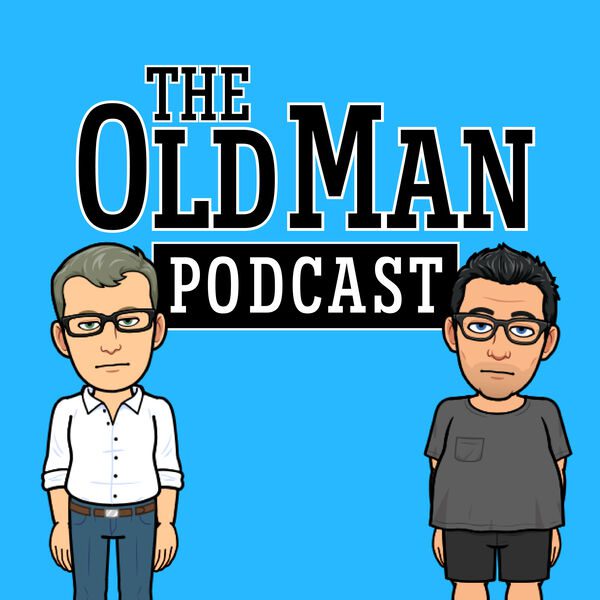Prioritizing Relationships and Activities for Successful Aging
“So, I guess those of us who have made
it to our seventies can congratulate ourselves. By one measure anyway, we are
successful agers!” I thought about this as I considered the concept of successful Aging.
Defining this notion may seem subjective, as each person’s approach and mindset
differ. However, if we consider healthy aging as supporting our body and
well-being to live life on our own terms for as long as possible, we can find
common ground in what successful aging looks like.
Successful aging holds significance from
both an individual and national perspective. At an individual level, it
translates to a better quality of life. The three primary components of
successful aging—the absence of disease and disability, maintenance of high mental
and physical function, and continued engagement with life—serve as determinants
of this concept.
From a national standpoint, healthy aging
assumes importance due to economic considerations. The issue of long-term care
has always been a concern in policymaking, given the resources required to
fulfill the needs of the elderly. With increased life expectancy and delayed
health decline resulting from medical advancements, the focus on care has
gradually shifted. Some countries, like those in the European Union, promote
“Active Aging,” which combines social behavior and long-term care.
This approach emphasizes socially active engagement in various aspects of life,
including work, community activities, residential care, and leisure pursuits,
aiming to foster a harmonious relationship between activities and overall
well-being in old age.
Several theories of successful aging offer
valuable insights. The Continuity Theory posits that middle-aged and older
adults preserve and maintain existing internal and external structures through
adaptive choices. They rely on strategies rooted in their past experiences,
creating continuity in psychological characteristics, social behavior, and
circumstances. For instance, personal experiences shape the way individuals
adapt to changes, allowing for the preservation of one’s identity and
connections. Whether it’s a shift from competitive running to running for Exercise
or maintaining long-term friendships, continuity plays a vital role.
The Activity Theory of aging suggests that
older adults find happiness by staying active and engaging in social
interactions. Meaningful activities help them replace lost life roles after
Retirement, resisting the social pressures that limit their world. A study
published in 2014 revealed that adults who participated in discretionary
activities of their choosing reported a more positive outlook on life and
overall wellness after eight weeks. Regions where people reportedly live
longer, healthier lives emphasize the importance of friendships, family,
moderate physical activity, and activities that bring joy.
Conversely, research has linked social
isolation and loneliness to a negative impact on quality of life as we age.
Regular social interactions have become increasingly vital, especially for
older adults. A support system as we grow older enables us to cope better and
overcome challenges. In a study published in the Journals of Gerontology, older
adults who prioritized social engagement with their broader community tended to
be more physically active and reported better emotional well-being.
Physical activity remains essential as we
age. Regular, moderate exercise significantly influences the aging process.
Whether it involves long walks, Yoga sessions, jogging, or cardio dance
classes, the key is finding activities that inspire movement and personal
enjoyment.
The Activity Theory emphasizes the
importance of an engaged, active Lifestyle, positively impacting the aging
process and overall well-being. Prioritizing Relationships and activities that
bring happiness remains essential for successful aging.
In conclusion, successful aging may have
varying definitions, but prioritizing relationships and engaging in meaningful
activities contribute to a better quality of life, both on an individual and
national scale. By maintaining physical and mental well-being, individuals can
lead fulfilling lives as they age.
Originally Published on https://boomersnotsenior.blogspot.com/























